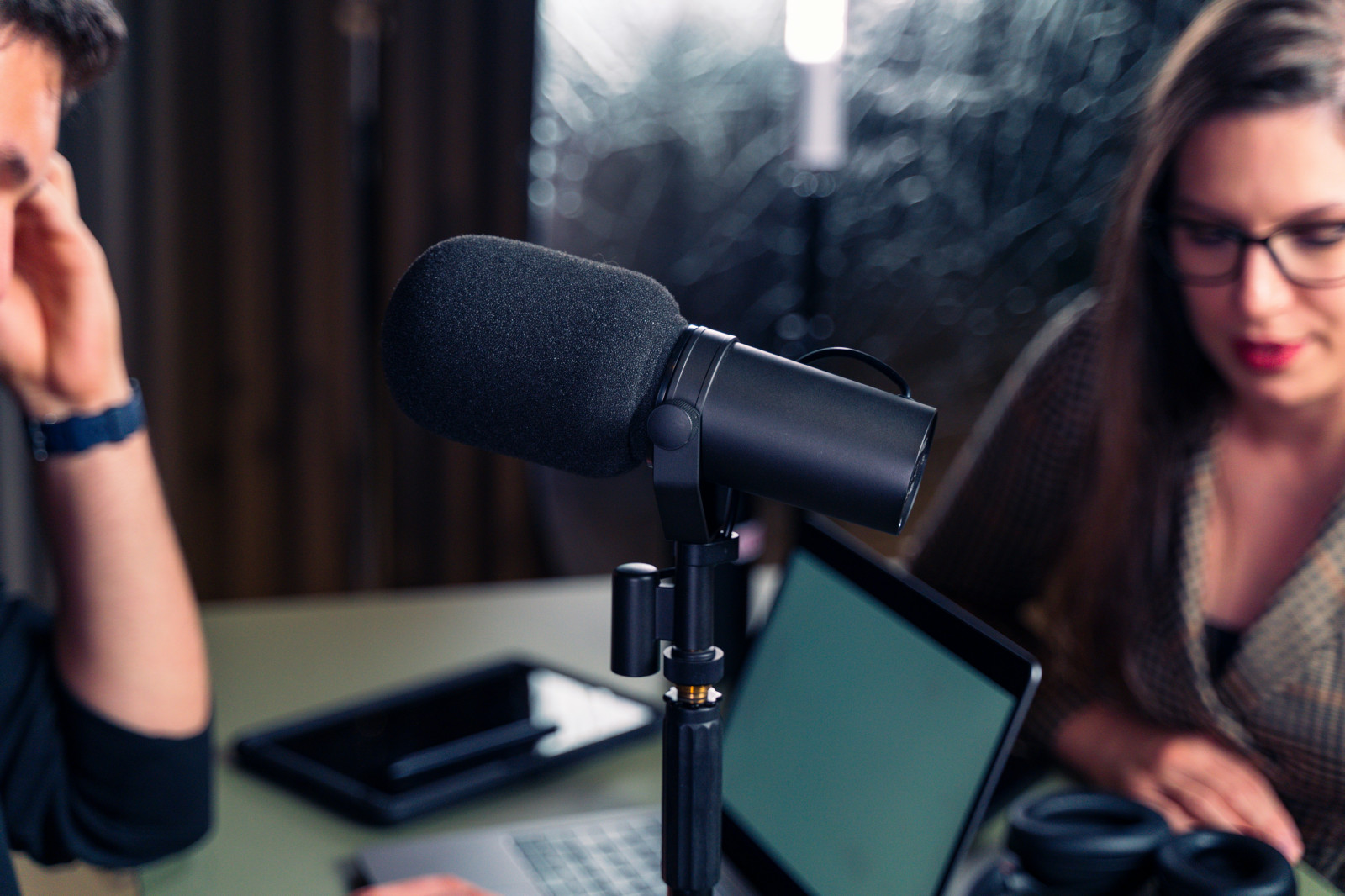Why Spotify’s podcast exclusivity era is coming to an end

Photo: Flipsnack

In July 2021, Spotify paid Alex Cooper more than $60 million for the exclusive rights to host her hit podcast, Call Her Daddy. On January 31st, six months short of the end of that deal term, Spotify announced that Call Her Daddy will be available on all platforms. Two days later, news of Joe Rogan’s new non-exclusive Spotify deal broke, along with a purported (though disputed by Spotify) $250 million payout over multiple years. Though exclusivity helped Spotify leapfrog Apple as the top platform for podcasting, these new deals signify the end of an era for podcast exclusivity.
Spotify knew that sinking hundreds of millions of dollars into acquiring exclusive podcasts would only be sustainable if 1) they acquired more subscribers as a result and 2) they were able to generate significant revenue from the advertising that those podcasts brought in. Over the course of three years, the first part of Spotify’s calculation bore fruit; now, it is attempting to cash in on the second part. However, with podcast advertising in limbo, it is worth asking whether the second part of Spotify’s strategic calculation will pay off.
Podcast exclusivity is a loss leader strategy
Despite the eye-watering sums that Spotify paid out to top podcast creators, there was a method to the madness. In Q3 2023, Spotify had 226 million Premium subscribers, up from 195 million a year earlier — an almost 16% increase. In Q4 2023, that jumped to 236 million, which is 15% higher than the quarter prior. Consequently, in the last year, Spotify’s market cap has more than doubled.
While not all of Spotify’s recent growth can be attributed to Alex Cooper and Joe Rogan’s exclusive podcast deals, Spotify’s bet on podcast audience capture has no doubt contributed substantially to share price. Moreover, Spotify accomplished its goal of establishing a foothold in podcasting, as it is now the second most common platform for accessing podcasts (behind YouTube). Of course, there are only so many new listeners to capture and existing listeners to convert. In other words, acquiring more subscribers is only one part of the equation.
Featured Report
India market focus A fandom and AI-forward online population
Online Indian consumers are expected to be early movers. They are high entertainment consumers, AI enthusiasts, and high spenders – especially on fandom. This report explores a population that is an early adopter, format-agnostic, mobile-first audience, with huge growth potential.
Find out more…Spotify aims to leverage competition for advertising demand
According to Spotify’s non-exclusivity announcement, not only is podcast consumption up 232%, but advertising revenue rose by 80% in the last two years. Most of Spotify’s podcast deals include advertising revenue sharing, meaning the more brands that advertise on Cooper or Rogan’s podcasts, the more money Spotify makes, irrespective of Premium subscriber count.
To really raise the demand for advertising space on these podcasts, Spotify has to increase audience reach fast. The best way to do that is allow their top-performing podcasts to distribute to other podcast platforms — in other words, abandon exclusivity. So far, through its exclusive podcast strategy, Spotify was able to establish its dominance in the podcast industry and expand its paid subscriber base, but can it generate enough advertising revenue to justify the hundreds of millions of dollars already spent?
Podcast advertising woes?
Many blame the podcast industry’s high-profile layoffs and show cancellations on shrinking marketing and advertising budgets. According to a Magellan AI report, podcast advertising was down 19 percentage points in December 2023 from the previous month. However, compared to the same quarter in 2022, ad spend was up by almost a third. Should December trends continue into 2024, then Spotify is in for a rough year in terms of podcast advertising revenue. But if December proves to be an exception to the rule, Spotify’s exclusivity gamble just might pay off sooner than we think.

The discussion around this post has not yet got started, be the first to add an opinion.